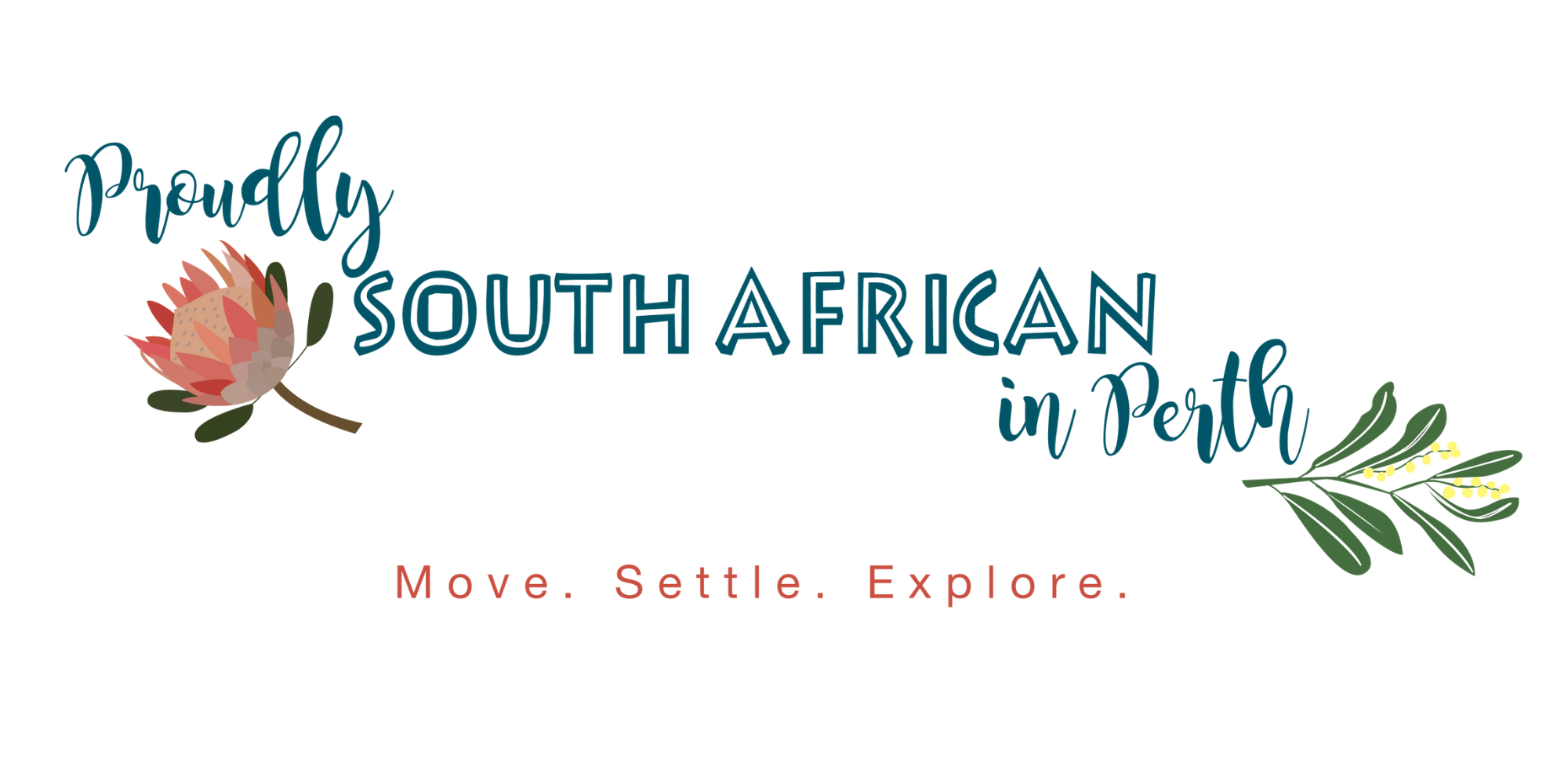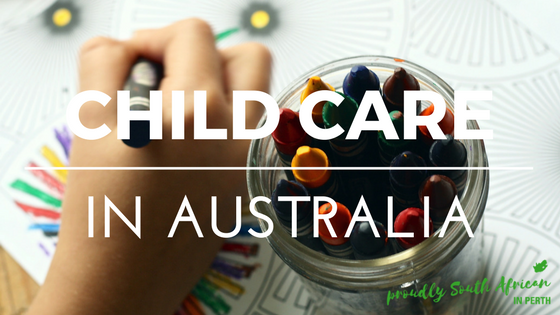One of the hardest things to adjust to when it comes to moving overseas is how to cope with the loss of your support network when you emigrate. Prior to moving, it may be difficult to get your head around just how hard this will be. You’re still comfortable in your current surroundings and have your network available until you step on that plane. (Trust me – it is the little things that you will miss the most!)
One of the first things you’ll likely experience once you’ve made the move is a huge sense of loss. You may well feel disconnected and alone (even when you are technically not alone) and probably a bit overwhelmed as well. It could be difficult to function as normal during this initial transition period and even more difficult to create connection, when you are not feeling like your best self.
How To Cope With Losing Your Support Network
I considered writing this post myself, but decided it would best to get advice from an expert. So I asked Marelize Bosch, from Bosch Coaching, if she would be so kind to share her thoughts on this tricky topic for many migrants. Marelize specialises in migration coaching and helping fellow migrants to cope with their new lives in Australia.
She’s kindly put together some of the most common feelings that migrants experience when they lose their support network. We hope this post will help you to prepare for this eventuality and to identify strategies to cope with the loss as well as to rebuild a new network, in all three stages of migration. Those stages are broken down into pre-migration, during transition and post-migration.
Pre-Migration Preparation
Migration is not something that happens suddenly or overnight. There is normally a long lead time before the actual move.
During this period, some self-development and reflection can be very helpful. Identify your change response. Are you a person who adapts easy to change or is it difficult for you to become comfortable in new surroundings?
Reflect on the idea that what awaits you on the other side of the plane trip is potentially completely different to what you could even have imagined. It could be completely different in either a positive or negative way. Imagine how you will cope in both scenarios.
During this phase also firmly make a promise to yourself that you will only expect that you do your best and that you will be kind to yourself, should the situation call for kindness.
Transition Phase
The transition phase (usually lasting for the first few months) consist of two parts and is probably the most difficult phase. It starts up with a “honeymoon-period” during which you are at awe with all the improvements you see and how different things are in your new destination.
You may take some exciting photos of all the positive aspects and even share some with friends and family back home. The duration of this period is different for everyone. It is similar to a holiday and as some people prefer longer holidays than others, the length of period will also differ from person to person.
At the end of this phase, you’ll return to the reality of your situation. It will be as if your system suddenly realises that you are in fact not on holiday, but at the other side of a large and impactful change.
This signals the beginning of the second period of transition; the period during which you will miss your network the most.
You will have to cope with different circumstances, a different way of doing and thinking. It’s no longer the amused noting of how different things are (like a tourist might), but instead the sinking in of the reality that EVERYTHING is now different.
It can be very difficult to look for work, prepare (and attend) interviews, whilst looking after your children who may not yet be old enough to go to school. You feel that you have no-one you can rely on. You may feel very, very alone and disconnected. In the previous (pre-migration) chapter of your life, you could have probably asked a trusted neighbour, friend, or a grandparent to help out.
In your new environment, your neighbours are still strangers and you feel you just can’t leave your children with strangers. This is the type of scenario where kindness comes to play. It is okay if you only get done half of what you planned, if that was the best you could do on any specific day.
You should also use technology to remain connected with your loved ones back home. Regularly speak to them, even if it is just a phone or video call. It is very easy to become isolated during this phase and it will be difficult to get out of your shell if you retreat too far. This is especially true if you do not adapt to new environments too easily.
This phase is very similar to learning to cope with a newborn baby shortly after giving birth as a first-time parent. It starts off as wonderful and awe-inspiring, and can quickly turn to a feeling of overwhelm, sleep-deprivation and wondering when and if life will ever be “normal” again.
Luckily, with time and some support, you do adjust – both to new parenthood and to migration.
Post-Migration – Settling Into The New Normal
The post-migration phase starts immediately after the transition phase.
All the initial arrangements have been made, you have a basic layout of your new environment (although you still don’t know instinctively which suburb is where and how far things are), schools and housing have been sorted. Hopefully you’ve landed a job after struggling through the interview process.
Some routines are being established and you’re starting to get use to your new everyday reality. This is usually the phase that new connections will be made.
Some tips for making new friends in Perth include:
Say “yes” to every opportunity
The only way to build a network is to place yourself out there. This means that if you see someone in your vicinity advertising a social gathering (for example an expat braai) and are inviting people to join – say yes.
You should not close yourself off to mixing with locals, but sometimes it can be easier to lean on people who understand where you are coming from. If a colleague from work invites you to try something you haven’t tried before – say “yes”.
Ideally you should say “yes” to every opportunity you can afford and that is not illegal or against your moral values. This will help you to meet people who are like-minded and also give you some practice in presenting yourself to new people and coming to grips with the uncomfortable part of change and being the only newcomer in (sometimes) established networks.
Ask for opportunity
It is a good idea once you have settled to post on a local group (for example a local Facebook group) that you are new in the area and looking for some people to connect with. I have not yet seen a post like this without any responses. You may not like everyone you meet and who reaches out to you, but it is in opportunity for you to grow your network and perhaps even meet people through them who you can connect with and ultimately become friends.
Join a club, hobby group and/or a church
When you went to school for the first time, you probably didn’t know anyone. You however had to go every day and do similar activities with others. Before you knew it, you made a friend or two. It can be difficult as adults to recreate this circumstance which is conducive to connecting.
Difficult is however not impossible.
If you want to make friends with similar interests (always a great basis for friendship) join a gathering where you could find similar people and attend this regularly. In the school example, if you only went once and never again, you would also not have made any friends. Google and local Facebook groups can be your friends here by providing information of any club etc which you can consider.
Volunteer & participate in school activities
It sounds counterproductive to give your time away for free (especially if you are still looking for a paid employment opportunity).
Volunteering is however a great idea. It is wonderful for self-esteem, looks great on a resume and is an awesome opportunity to meet like-minded (and kind-hearted) people. Often through volunteering you may also be able to get a few local references, which could be helpful in your job-hunting search.
Schools are also often looking for parents who can assist with activities. If you participate in these activities, you will get a good idea of the type of school and type of education that your child is receiving, as well as an opportunity to make friends with people who also have children in the school.
Friends made this way often also stay in the nearby vicinity, as most schools have a specific feeder area. In order for a connection to be made, meeting up would have to be fairly regular, and it is easier to accomplish if it doesn’t include hours of travelling time.
Parents of children’s friends
It is always good practise to meet the parents of your children’s friends. Especially if your child will spend time in their homes without your supervision.
This is a further great opportunity for a friendship to develop, as these families will probably experience the same child-rearing challenges that you do and at the same time.
It could be a great spot for local advice, for example which sport club to join. These could also become your new “family not necessarily blood-related”.
Friends can become like family. They will ultimately be the people who you rely one when the going gets tough.
Final Advice For New Arrivals
Migration will undoubtedly have an impact on your support network. For most people it will decimate it. All is however not lost.
You can prepare yourself mentally prior to the migration, be kind to yourself and ask for support as needed during the difficult transition phase and put yourself out there during the post-migration phase.
You can rebuild a network – it only requires the right mindset, a willingness to display some courage and continuous effort.
As a concluding thought – you don’t have to do this alone. If you find you struggle during any phase, reach out for assistance. There are people out there who will happily support you to ensure that your migration story is one of the many where everyone lived happily ever after.
Thanks to Marelize for sharing her thoughts on this topic. I hope these tips will help you with how to cope with the loss of your support network when you emigrate.
If you have any of your own tips or experiences, please share them in the comments below – you never know who you may help with your words – today or in the future.

Marelize Bosch is an ICF-credentialed coach focusing on migration coaching. She helps migrants integrate into their new environments quickly and successfully and supports them as may be required before, during and after migration.
She started her career as a lawyer in South Africa and has more than 15 years senior management and executive experience. She uses this experience to provide additional value to clients who may be struggling to adapt to a new work environment. This can also include clients who had to take a few steps back in their careers and who are now ready to move up the ladder again.
She is passionate about development and it brings her immense joy to help migrants become exceptional leaders in their personal and professional lives.







No Comments